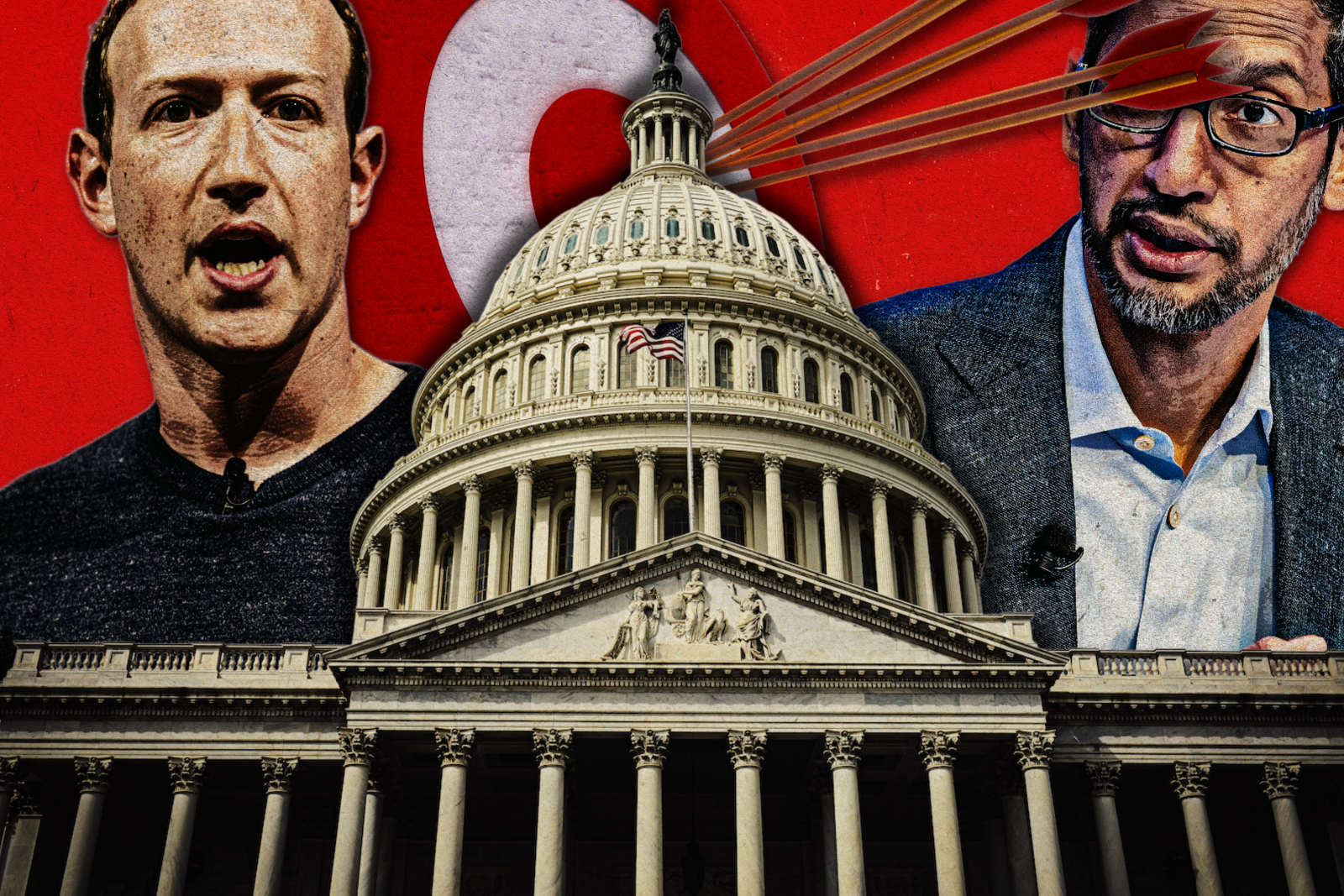
Tech
Break Up Big Tech: Pass the Digital Advertising Act
Imagine you are shopping for a new phone. You browse a few popular websites. Then, for the next several weeks, an ad for a Google Pixel follows you to each website you visit. You begin to wonder exactly how much of your personal data Google is collecting and using without your knowledge or consent.
Companies, primarily Alphabet (Google), Meta (Facebook), and Amazon, collect vast amounts of personal data. Their intrusive and pervasive ads raise important questions about privacy and data ethics. Their business models are crystal clear: if you are not paying for the product, you are the product.
Big Tech companies have become monopolies, using individuals’ data to profit. They control and modify their platforms to collect as much data as possible, to sell and to create advertisements. They add a like or subscribe button to monetize your interests. They manipulate data to move the digital ecosystem in a way that maximizes profits. Despite everyone acknowledging that there is a problem, these monopolies are allowed to flourish. Now is the time to break them up –and allow innovation to flourish.
Protecting individuals’ privacy is essential in today’s digital landscape. Congress should pass the Digital Advertising Act (DAA) as the first step in protecting user data and in the process, break up Big Tech.
The DAA will split digital advertising services into four components—publishers, ad exchanges, sell-side brokerages, and buy-side brokerages. Companies generating over $20 billion in ad revenue can only be one of the components.
Additionally, those with over $5 billion in ad revenue will be required to inform customers about all compensation received for a transaction.
Breaking apart the ad ecosystem will increase competition. The current market allows one party to represent the seller, and the buyer, to make the rules and conduct the auction. Google has been shown to prefer its own ads and its own platforms. This self-preference has increased Google’s ad revenue year over year while their network members’ revenue has declined.
Creating a more diverse ad ecosystem will give greater priority to users. Currently, a platform’s primary customer is advertisers, not individual users. Platforms like the Google Chrome browser collect private information by default to better target their ads. Meanwhile, other browsers have moved to privacy-first settings. Forcing individuals to be the primary customer of platforms would create pressure to prioritize users.
Diversifying the ad ecosystem will enable better data security. Data policy focuses on regulating the exchange of data between companies. Most data is owned by Big Tech companies, and there are fewer regulations about data use within a company. Breaking up the ad ecosystem will force data to be exchanged between companies. This exchange will allow regulations to require and enforce encryption and other security measures to protect data used in these markets.
The major platforms claim that government regulations will make advertising less effective, and that ad spending could leave online spaces. They claim the Internet would no longer be “free” to users. On the contrary: It is breaking up the monopolies that will enable platforms to explore new business models for smaller sustainable online communities. It could start a long-dormant dialogue as to whether some online spaces should be public goods and supported as such.
President Joe Biden recently wrote a call to action in The Wall Street Journal. He called for bipartisan legislation to protect citizens’ data and to bring competition back to the technology sector. The DAA provides a path forward for both. It can renew competition in America’s technology sector. It can shift norms, allowing for the exploration of new business models and innovation in this new era. It will change expectations: People should no longer be the product; the product’s purpose should be to serve the people. It’s time to reimagine the Internet.

